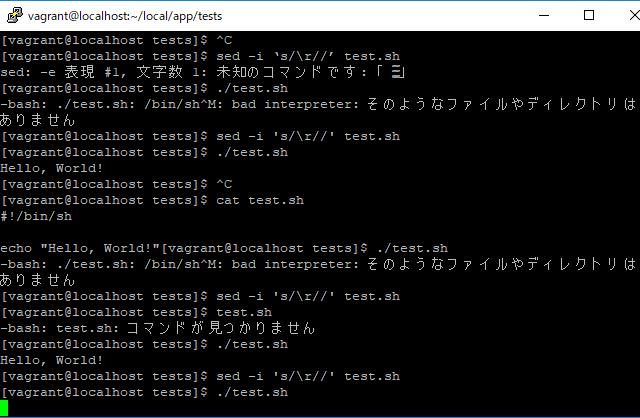S3の署名バージョン2が廃止になる。
– 以前の AWS リージョンの一部では、Amazon S3 で署名バージョン 4 と署名バージョン 2 がサポート。ただし、署名バージョン 2 は廃止され、署名バージョン 2 の最終サポートは 2019 年 6 月 24 日に終了
https://docs.aws.amazon.com/ja_jp/AmazonS3/latest/dev/UsingAWSSDK.html#UsingAWSSDK-sig2-deprecation
2016年5月以前にリリースされた AWS SDK を使用する場合、次の表に示すように、署名バージョン 4 のリクエストが必要になることがある
AWS CLI
$ aws configure set default.s3.signature_version s3v4 $ aws configure set profile.your_profile_name.s3.signature_version s3v4
Java SDK
System.setProperty(SDKGlobalConfiguration.ENABLE_S3_SIGV4_SYSTEM_PROPERTY, "true"); -Dcom.amazonaws.services.s3.enableV4
JavaScript SDK
var s3 = new AWS.S3({signatureVersion: 'v4'});
PHP SDK
$s3 = new S3Client(['signature' => 'v4']);
Python-Boto SDK
[s3] use-sigv4 = True
Ruby SDK
s3 = AWS::S3::Client.new(:s3_signature_version => :v4) s3 = Aws::S3::Client.new(signature_version: 'v4')
.NET SDK
AWSConfigsS3.UseSignatureVersion4 = true;
つまり、AWS SDKを使っている場合は、バージョンを確認
– AWS SDK for Java v1 →Java 1.11.x あるいは v2 in Q4 2018 にアップグレード。
– AWS SDK for Java v2 ※アップグレード不要
– AWS SDK for .NET v1 →3.1.10 以降にアップグレード
– AWS SDK for .NET v2 →3.1.10 以降にアップグレード
– AWS SDK for .NET v3 ※アップグレード不要
– AWS SDK for JavaScript v1 →主要バージョン V3 in Q3 2019 にアップグレード
– AWS SDK for JavaScript v2 →2.68.0 以降にアップグレード
– AWS SDK for JavaScript v3 →主要バージョン V3 in Q3 2019 にアップグレード
– AWS SDK for PHP v1 →主要バージョン V3 にアップグレード
– AWS SDK for PHP v2 →主要バージョン V3 にアップグレード
– AWS SDK for PHP v3 ※アップグレード不要
– Boto2 →Boto2 v2.49.0 にアップグレード
– Boto3 →1.5.71 (Botocore)、1.4.6 (Boto3) にアップグレード
– AWS CLI →1.11.108 にアップグレード
– AWS CLI v2 ※アップグレード不要
– AWS SDK for Ruby v1 →Ruby V3 にアップグレード
– AWS SDK for Ruby v2 →Ruby V3 にアップグレード
– AWS SDK for Ruby v3 ※アップグレード不要
– Go ※アップグレード不要
– C++ ※アップグレード不要

